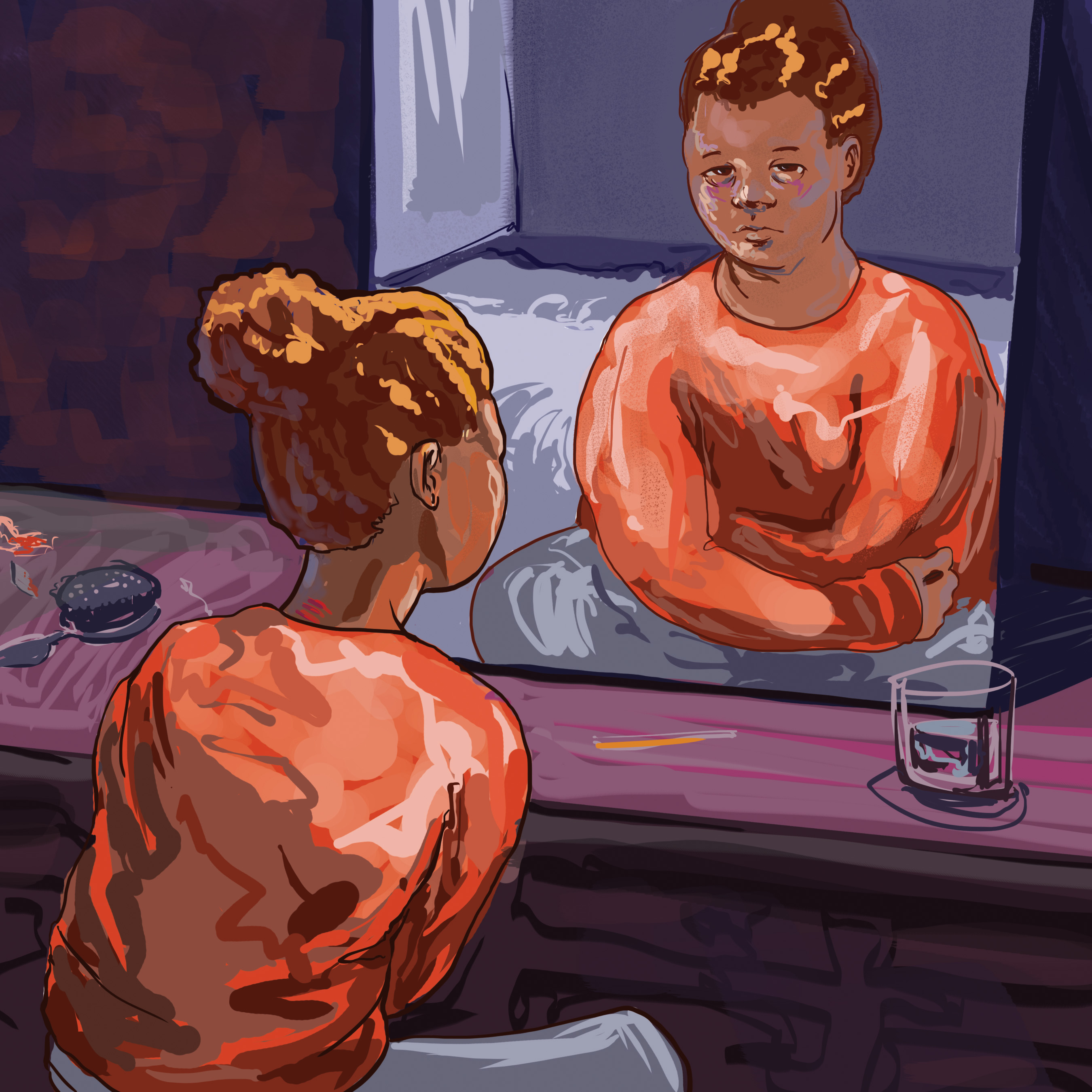People are up in arms about a little known hallucinogenic herb called salvia divinorum. Local MP Shelly Glover recently made the announcement that the federal government will soon be listing salvia under the Controlled Drugs and Substances Act, making its possession, sale or distribution illegal in Canada.
Salvia is legal in some U.S. states, like California, but it has been banned in other states and other countries. Traditionally used by Mexican healers and diviners, the plant has been gaining in popularity since the ’90s for the short but intense hallucinations that ingestion causes, in various strengths of doses. In Canada, it is available at some head shops and online, though many places refuse to carry it.
While it has been gaining in popularity among the young stoner crowd for years, it is only with the advent of YouTube — and arguably only since Miley Cyrus’s salvia trip was posted online — that politicians or other adults in the square camp had any idea that it even existed. Despite its recent infamy, people have been taking salvia for years, and it has never been a problem. In fact, its effects are not something that would ever compel someone to take the drug regularly, and certainly not compulsively or addictively.
The first time I tried salvia was in the summer of 2004. Our staff party — which was an annual debauch that I have yet to see matched — was later in the evening, and two pals and me were looking for a novel way to get primed for the occasion. We’d heard about salvia but didn’t really believe it would fuck you up in any way. We bought a bag at the local head shop and asked our friend who was working what she knew about it.
“Hold the smoke in for a long time,” she said. “At least that’s what I’ve been told. I’ve never tried it.”
We went back to Jim’s shack and packed the gravity bong with a bowl of the stuff. It looked and smelled like old tealeaves. I think we drew straws to see who’d go first. My pal Trotter took the first hit, then sat back into the chair.
Jim and I weren’t sure what to think, as Trotter just kept staring at this one spot on the wall, repeating “Is this for real?” over and over again. We thought he was shitting us. But he wasn’t.
Jim was up next, with much the same result. He described three-dimensional reality turning rapidly into a flat, two-dimensional cartoon world where, try as he might, he couldn’t peel back the cartoon layer to get back to real life. Sold on the shit, we bought another bag and headed to the staff party to introduce over a dozen coworkers to the madness.
After that, I probably tried salvia another half dozen times, maybe up to a dozen in total. Wild hallucinations and a terrible sense of unease as to what is and what is not real is all that I really got from it. As such, it probably isn’t for everyone, but is it really worth spending the money to investigate, criminalize and then enforce that criminalization? I hardly think so.
As head shop owners will attest, salvia is currently far from flying off the shelves. It is something that people, particularly young people, may find interesting to experience, but given its effects, is not something that creates a high demand — unlike serious drugs, which current criminalization of drives a black market worth billions, controlled by organized criminals.
It has been years since I’ve done salvia, and when I heard the news of its impending illegality, I had a moment where I thought, what the hell, maybe I’ll give it one more go. For old times’ sake. Then I remembered the bizarre feeling of some netherworld madness pulling at the skin on my face, and the room disappearing into a black void where shrill voices chuckled at my pathetic grasp of reality. I remembered the gibbering of countless friends who also dabbled with the “magic mint.” I remembered the acrid taste of burnt tealeaves. Fuck it, I decided. No need to go down that twisted road again.
But do I think it should be illegal? Fuck no. The only people calling for salvia’s criminalization are fear-mongering politicians, power hungry cops and publicity starved media personalities who’ll all tell you they’re “doing it for the children.”
Which is bullshit. Kids will get high on anything, because they are bored and rebellious. When salvia is made unavailable, kids will just buy drugs from gangsters or, failing that, will go back to abusing Gravol or sniffing glue to induce altered states. Criminalizing non-violent behaviour is a form of social control that accomplishes nothing and transfers the cost of enforcement to society. Don’t MPs have any real work? Those paycheques and pensions aren’t going to earn themselves.
Sheldon Birnie is the Comment Editor at the Manitoban.



